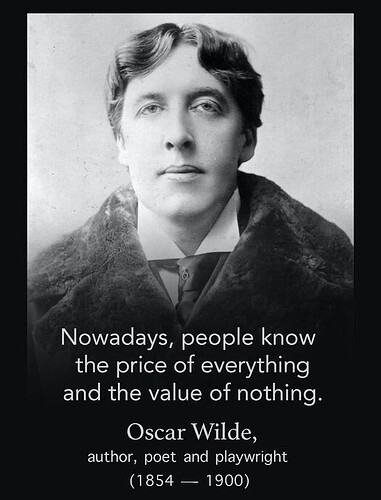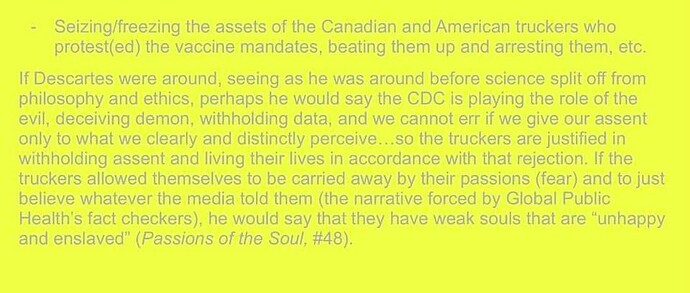The extremely competitive nature of the global economy hinders the effectiveness of many poverty alleviation measures. The global economic environment can pose challenges, but there are ideas on how to address these obstacles – if the people in charge are willing:
- Unequal Trade Relationships
Challenge:
- Developing countries often face unequal trade relationships, where they export low-value raw materials and import high-value finished goods. This keeps their economies dependent and limits their ability to move up the value chain.
Potential Solutions:
- Fair Trade Agreements: Negotiating fair trade agreements that allow developing countries to benefit more from their exports.
- Diversification: Encouraging and supporting developing countries to diversify their economies and reduce reliance on a few commodities.
- Race to the Bottom in Wages and Labour Standards
Challenge:
- Global competition can lead to a “race to the bottom” in wages and labour standards, where countries or companies cut costs by lowering wages, reducing benefits, and avoiding environmental regulations.
Potential Solutions:
- Global Labor Standards: Promoting and enforcing international labour standards through organisations like the International Labour Organization (ILO) can help protect workers’ rights globally.
- Corporate Social Responsibility: Encouraging or requiring multinational companies to adhere to ethical labour practices and environmental standards can reduce the negative impacts of global competition.
- Concentration of Wealth and Power
Challenge:
- The global economy is increasingly characterized by the concentration of wealth and power in a small number of multinational corporations and wealthy individuals, which can exacerbate inequality and reduce opportunities for others.
Potential Solutions:
- Progressive Taxation: Implementing progressive tax policies both domestically and internationally (like a global minimum tax for corporations) can help redistribute wealth more fairly.
- Anti-Monopoly Policies: Strengthening anti-monopoly and competition laws can prevent the excessive concentration of market power and ensure more equitable economic opportunities.
- Volatility and Vulnerability
Challenge:
- Developing economies are often more vulnerable to global economic volatility, such as fluctuating commodity prices, financial crises, or sudden capital outflows, which can lead to economic instability and increase poverty.
Potential Solutions:
- Economic Resilience: Building economic resilience through diversification, stable financial systems, and social safety nets can help countries withstand global shocks.
- Regional Cooperation: Strengthening regional economic cooperation can reduce dependency on volatile global markets.
- Climate Change and Environmental Degradation
Challenge:
- The global economy’s focus on growth and competition often leads to environmental degradation, disproportionately affecting the poor, who are most vulnerable to climate change and environmental damage.
Potential Solutions:
- Green Economy Transition: Promoting a transition to a green economy that prioritizes sustainable practices can reduce environmental harm while creating new economic opportunities.
- Climate Justice: Advocating for climate justice, where wealthy nations and corporations take responsibility for their environmental impact, can help mitigate the effects on poorer nations.
- Global Finance and Speculation
Challenge:
- The global financial system can sometimes prioritize short-term profits and speculative investments over long-term development, which can divert resources away from productive investments in poverty reduction.
Potential Solutions:
- Regulation of Financial Markets: Strengthening the regulation of financial markets to reduce speculation and encourage long-term, productive investments can ensure that capital is used in ways that benefit broader society.
- Development Finance: Enhancing development finance institutions and mechanisms that focus on long-term investment in infrastructure, education, and health can counteract the short-term focus of global finance.
- Inequality in Access to Technology and Innovation
Challenge:
- The rapid pace of technological advancement can widen the gap between rich and poor countries, as wealthier nations and companies are better positioned to benefit from new technologies.
Potential Solutions:
- Technology Transfer: Promoting technology transfer to developing countries can help bridge the digital divide and enable them to participate more fully in the global economy.
- Inclusive Innovation: Supporting innovation that directly benefits the poor, such as affordable healthcare solutions, can ensure that technological progress contributes to poverty reduction.
- Global Governance and Power Imbalances
Challenge:
- Global governance structures, such as the World Trade Organization (WTO) or International Monetary Fund (IMF), often reflect the interests of more powerful nations, which can disadvantage poorer countries.
Potential Solutions:
- Reform of Global Institutions: Advocating for reforming global governance institutions to give developing countries a stronger voice can help ensure that global rules are more equitable.
- South-South Cooperation: Encouraging cooperation among developing countries can provide alternative pathways to development that are less dependent on the current global power structure.
Balancing Competition and Cooperation
While the global economy’s competitive nature presents significant challenges, addressing these issues requires a balance between competition and cooperation. Global economic systems need to be restructured to promote fairness, inclusivity, and sustainability, ensuring that the benefits of globalisation are more widely shared. This involves a mix of policy reforms at national and international levels, as well as shifts in corporate behaviour and consumer awareness.


